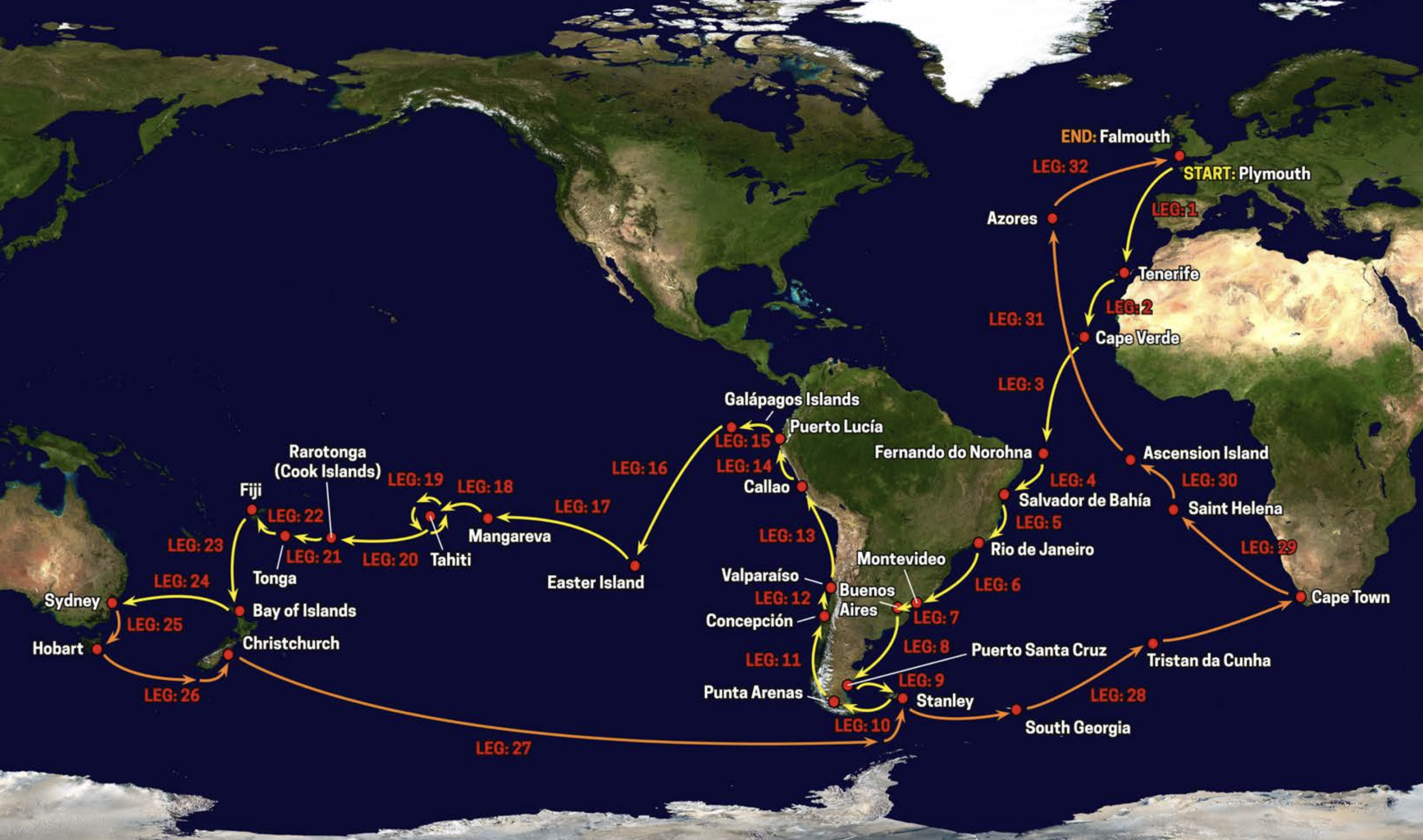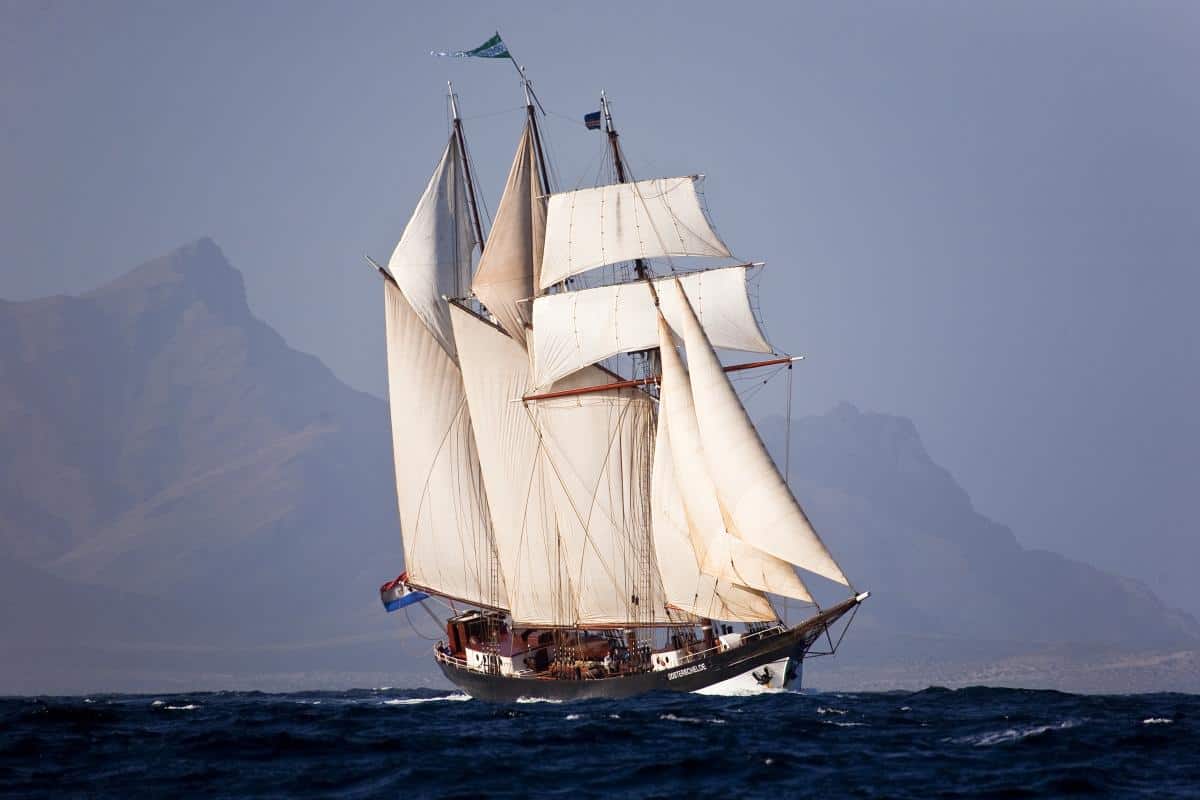Welcome to

The Darwin200 is a 2023-2025 Global Voyage following Charles Darwin’s famous journey on the HMS Beagle. The tall ship Oosterschelde will visit 32 locations around the world, staying for one week or longer in each location. There are three main objectives for this voyage:
1) Train 200 young conservationists, known as Darwin Leaders, to help change the world of tomorrow.
2) Inspire students globally through the World’s Most Exciting Classroom.
3) Solve real conservation problems through interactive research and science projects, engaging audiences across the globe.
Visit the official website for Darwin200 for more details and the live tracking map: https://darwin200.com/

The World’s Most Exciting Classroom
The World’s Most Exciting Classroom (WMEC) will broadcast a series of live events over 100 weeks (from August 2023 to July 2025) as the Oosterschelde and DARWIN200 team make their way around the world, following Charles Darwin’s Voyage of the Beagle. Each week’s live events are intended to inspire student’s curiosity and passion for learning. We’ll have live guest speakers, live uplinks from the ship or in the location it is visiting, experiments classrooms can replicate, Q&A sessions, Kahoot! quizzes, contests for exciting prizes and so much more! The WMEC is free for classrooms everywhere to join!
Register here for weekly updates : https://forms.gle/Xzwpc7THLiS82gbq7


